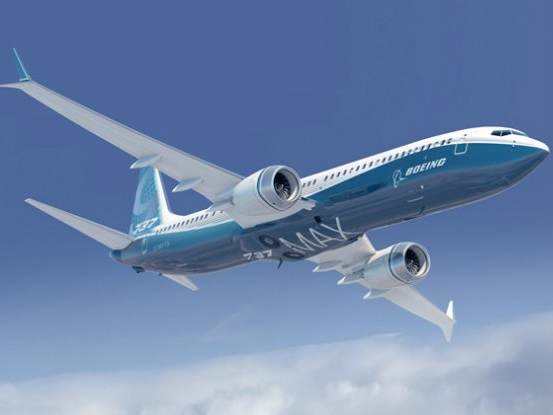New twist regarding the immobilisation to the ground of the Boeing 737 MAX. During a simulator flight test performed last week by the pilots of the FAA, they noticed there were some difficulties to get back in control of the aircraft after having engaged the flight control system MCAS.
Last week, the pilots of the FAA noticed during a simulator flight test the aircraft was difficult to control after the engagement of the Maneuvering Characteristics Augmentation System (MCAS). This flight control system was directly responsible for the Lion Air accident which occurred in October 2018 in Indonesia, as well as the Ethiopian Airlines accident of March 2019 which took place in Ethiopia.
The FAA consequently asked Boeing to fix the problem, which will certainly delay the modified version of the 737 MAX’s flight test, reminding the twin-jet is stuck to ground since mid-March 2019. Therefore, the aircraft manufacturer from Seattle will change its software again but the flight test necessary to start the reactivation procedure of the 737 MAX in the USA won’t be effective before the 8th of July.
In fact, the FAA will need at least two to three weeks to examine the modifications brought by Boeing to fix the problem, but the core problem involves the modification that will be operated on the MCAS when it has actually already been updated, as Boeing explains on its website dedicated to publishing the latest information, updates and statements relating to the 737 MAX.
Boeing explains it updated the software of the MCAS system to provide additional layers of protection in case the incidence sensor would transmit wrong data. The software was tested for hundreds of hours, with laboratory tests and simulator verifications punctuated by two flight tests, one being a certification performed with the presence on board of representatives from the FAA as observers.
Three additional layers of protection were set: the first one is on the flight control system which now compares the data transmitted by the two incidence sensors. If the deviation between data is above or equal to 5.5 degrees with retracted flaps, the MCAS won’t activate. An indicator located on the cockpit’s screen alerts the pilots. The second one is on the activation in unusual circumstances. In this case, the MCAS will provide a single value for each event indicating an elevated angle of attack. There is no known or considered case of failure for which the MCAS would provide multiple values. The last protection is for the limitation of the MCAS which sends information to the stabilizer. The pilots will always have the capability to override the MCAS to take back control on the aircraft simply by pulling the yoke.
Hence, will it be an addition of a software layer or a modification carried out on the core? Neither the FAA nor the manufacturer have stated anything on the subject.

